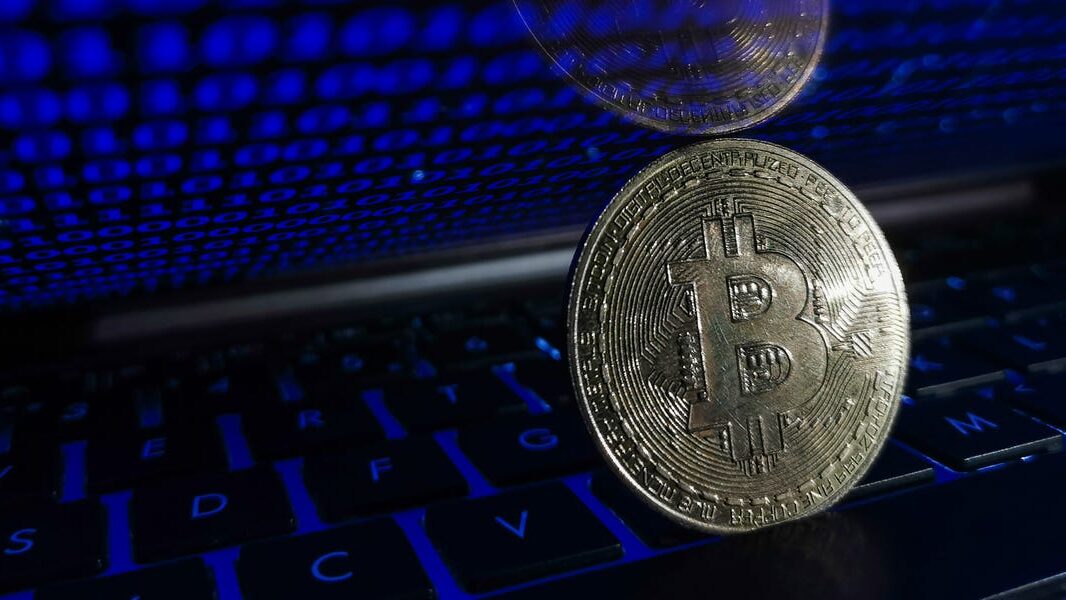This article explores the first ever smart contract hacking case, in which a former Amazon engineer pleading guilty to hacking cryptocurrency exchanges through smart contracts. It delves into the vulnerabilities exposed, the consequences for the engineer, and the broader implications for the cryptocurrency industry.
In a groundbreaking case, a former Amazon engineer, Shakeeb Ahmed, has pleaded guilty to hacking two cryptocurrency exchanges, marking the first-ever conviction involving the breach of a smart contract. The incidents, which occurred in 2022, targeted Nirvana Finance and an undisclosed crypto exchange on the Solana blockchain. Ahmed’s actions exploited vulnerabilities in the exchanges’ smart contracts, allowing him to manipulate the contracts and generate millions of dollars in inflated fees.
Smart contracts, integral to blockchain technology, execute predefined functions when specific conditions are met, akin to a vending machine. Ahmed, leveraging his specialized skills developed at Amazon, reverse-engineered the steps necessary to exploit the exchanges and illicitly obtain substantial sums.
The United States Attorney for the Southern District of New York has disclosed that Ahmed will face up to five years in prison and must forfeit $12.3 million worth of stolen cryptocurrency. The hacking incidents not only underscore the vulnerability of smart contracts but also highlight the growing challenges faced by the cryptocurrency industry in ensuring security.
Smart Contract Hacking Incident Explained
Ahmed’s hacking endeavors targeted Nirvana Finance’s cryptocurrency, ANA, where he exploited a function designed to inflate each token’s price after a large sum was purchased. By manipulating Nirvana’s smart contract, Ahmed purchased $10 million worth of ANA tokens at an artificially reduced price, subsequently selling them for a $3.6 million profit.
Following the first exchange hack, Ahmed attempted to negotiate with the unnamed crypto exchange, proposing to return the stolen funds (minus $1.5 million) in exchange for not involving law enforcement. The negotiation failed, leading to the exposure of Ahmed’s criminal activities.
Attempts To Cover Tracks and Further Exploitation
In a bid to conceal his actions, Ahmed engaged in various tactics, including swapping stolen crypto for Monero, utilizing cryptocurrency mixers, navigating across blockchains, and leveraging overseas crypto exchanges. Despite these efforts, law enforcement identified Ahmed’s activities, leading to his guilty plea and the subsequent legal consequences.
Smart Contracts and the Risk of Fraud
Smart contracts, envisioned as a tool to eliminate the risk of fraud by removing intermediaries, have increasingly become targets for hackers. The open-source nature of smart contract code allows malicious actors to exploit vulnerabilities, leading to a surge in cryptocurrency thefts. In 2022 alone, approximately $2.2 billion in cryptocurrency was stolen from Decentralized Finance (DeFi) projects, with many incidents exploiting smart contract vulnerabilities.
The Future of Smart Contracts and Cybersecurity Measures
As the cryptocurrency landscape evolves, addressing the vulnerabilities in smart contracts becomes paramount. The Ahmed case serves as a wake-up call for the industry to prioritize robust cybersecurity measures, conduct thorough audits of smart contracts, and implement safeguards against potential exploitation.
In conclusion, the conviction of the ex-Amazon engineer sheds light on the challenges and risks associated with smart contracts in the cryptocurrency space. It underscores the importance of proactive cybersecurity measures to safeguard the integrity of blockchain transactions and protect users from fraudulent activities.
Check out the legal case on Court Listener, and also, read the official charges here.





